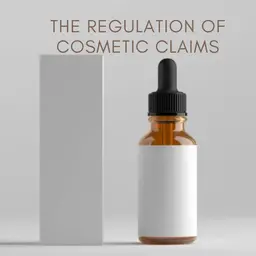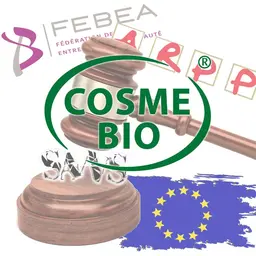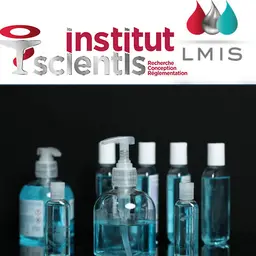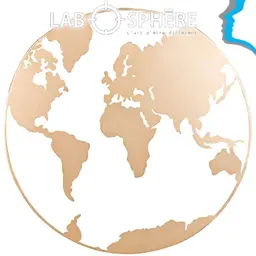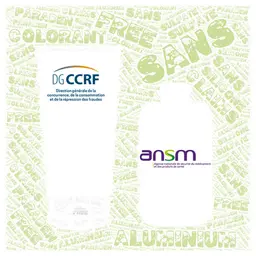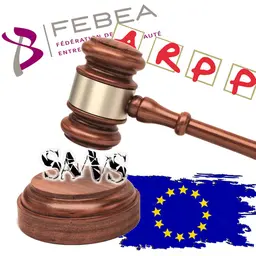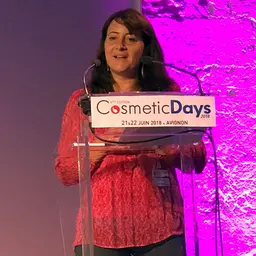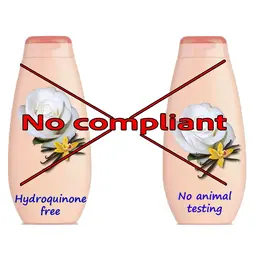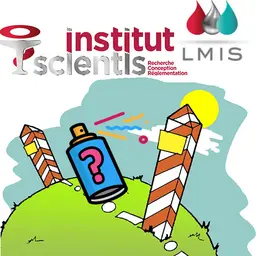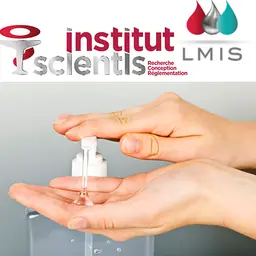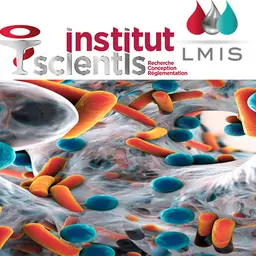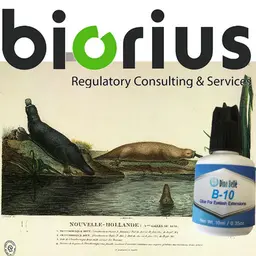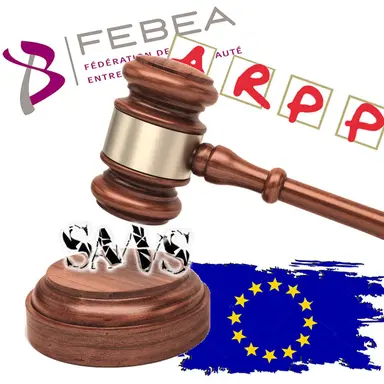
This July 1st, 2019 marks the entry into force of the new rules applicable to cosmetic claims. Provided for by two texts, the European Technical Document on Cosmetic Claims, and the 8th Recommendation Cosmetic Products of the French ARPP, they prohibit the use of a large majority of “Free-from…” claims and provide very strict criteria for the “Hypoallergenic” claim. These provisions are now applicable to all new products placed on the market. Reminder of the context and of these new rules… diversely welcomed.
Where do these new rules come from?
A little historical background:
• 2016: in accordance with Article 20 of the Cosmetics Regulation, the European Commission submits a report to Parliament and the Council which assesses the application of the Common Criteria laying down common criteria for the justification of claims used in relation to cosmetic products. Conclusion: 90% of the claims were found to be compliant, but problems were identified for the “Free-from…” and “Hypoallergenic” claims.
• 2017: the European Commission’s sub-working group set up to deal with the subject publishes a Technical Document on cosmetic claims. It takes up the guidelines for the application of the Common Criteria and adds two annexes, one on “Free-from…” claims and the other on “Hypoallergenic” claims. However, in the absence of an explicit mandate given to the Commission, this text does not have the force of law. It is therefore not binding on companies nor on supervisory authorities.
• 2018: to give additional strength to the new provisions of the Technical Document, the ARPP identically incorporates its two new annexes into its Recommendation “Cosmetic Products” and publishes its 8th revision.
What do these rules provide for?
“Free-from…” claims
No one can claim to comply with the regulations: it has long been known that the claim “Without animal testing” is not allowed. The new texts focus more on ingredients.
The following are prohibited
• The “Free-from…” ingredients prohibited in cosmetics. Example: “Free-from corticosteroids”.
• The “Free-from…” a specific ingredient if it may be present or released. Example: “Formaldehyde-free” if the product contains a formaldehyde release agent.
• The “Free-from…” an ingredient that is typically not used in the type of product involved. Example: “Free-from…” preservatives” for a fragrance that never contains preservatives, given its high alcohol content.
• The “Free-from…” one or more ingredients, when this coverage cannot be provided. Example: “Free-from allergens” since a complete absence of risk of allergic reaction cannot be guaranteed.
• The “Free-from…” a functional group of ingredients if the product contains ingredients with multiple functions, including the function whose absence is claimed. Example: “Preservative-free” if the product contains alcohol.
• The “Free-from…” that underlies a disparaging message, based on a presumed negative perception of the safety of the ingredient. Example: “Free-from parabens”, “Free-from phenoxyethanol”, “Free-from triclosan”…
The following are still allowed
• The “Free-from…” which allows an informed choice for a specific target group of users. Examples: “Alcohol-free” for a mouthwash for use by the whole family, “Free-from animal-derived ingredients” for vegans, “Acetone-free” for users who want to avoid its smell…
Hypoallergenic claim
It can only be used when the product has been designed to minimize its allergenic potential, and this can be proven.
In addition, the product must not contain any known allergens or allergen precursors, whether identified by the SCCS or other official risk assessment committees, the CLP Regulation, consumer complaints or the scientific literature. It must also not contain substances for which relevant data concerning their sensitising potential are missing.
Free-from “Free-from”… allegations… Oh, really?
These rules therefore came into force on 1 July 2019. They concern all new products placed on the market, but it is not necessary to withdraw those already on the market. The “Free-from…” claims will therefore not disappear overnight from cosmetic labels.
And they may stay there long enough, since some industry players, and in particular the organic sector, intend to continue to use them, to “give consumers the information they want and need to make an informed choice about their products.”
The FEBEA’s point of view
The French professional association has another approach. For FEBEA, the prohibition of “Free-from…” claims means more transparency for consumers and will allow them to refocus on the product by allowing them to know what is in the cosmetic product they are buying and not what has been removed.
Anne Dux, Director of Scientific and Regulatory Affairs at FEBEA, points out that “for the consumer, the concrete benefit of this new regulation is more clarity on the products, on the evidence provided by the R&D departments of cosmetic brands and on the consumer tests that are conducted.”
And FEBEA intends to use its full weight to support this reform and launched a national information campaign on 1 July with the availability on its website of a database containing more than 25,000 ingredients, to “put an end to preconceived ideas about the dangerousness of certain products, which could influence the consumer behaviour,” and a radio campaign entitled ’What matters is what’s in it! The cosmetic products information minute”, composed of eight columns.
The point of view of the supervisory authorities
The new rules, which are not legally binding, should not change the approach of the supervisory authorities. But they already have enough tools, such as the Common Criteria Regulations or the texts on misleading commercial practices, and they do not hide their intention to continue targeting false or disparaging “Free-from…” claims.

